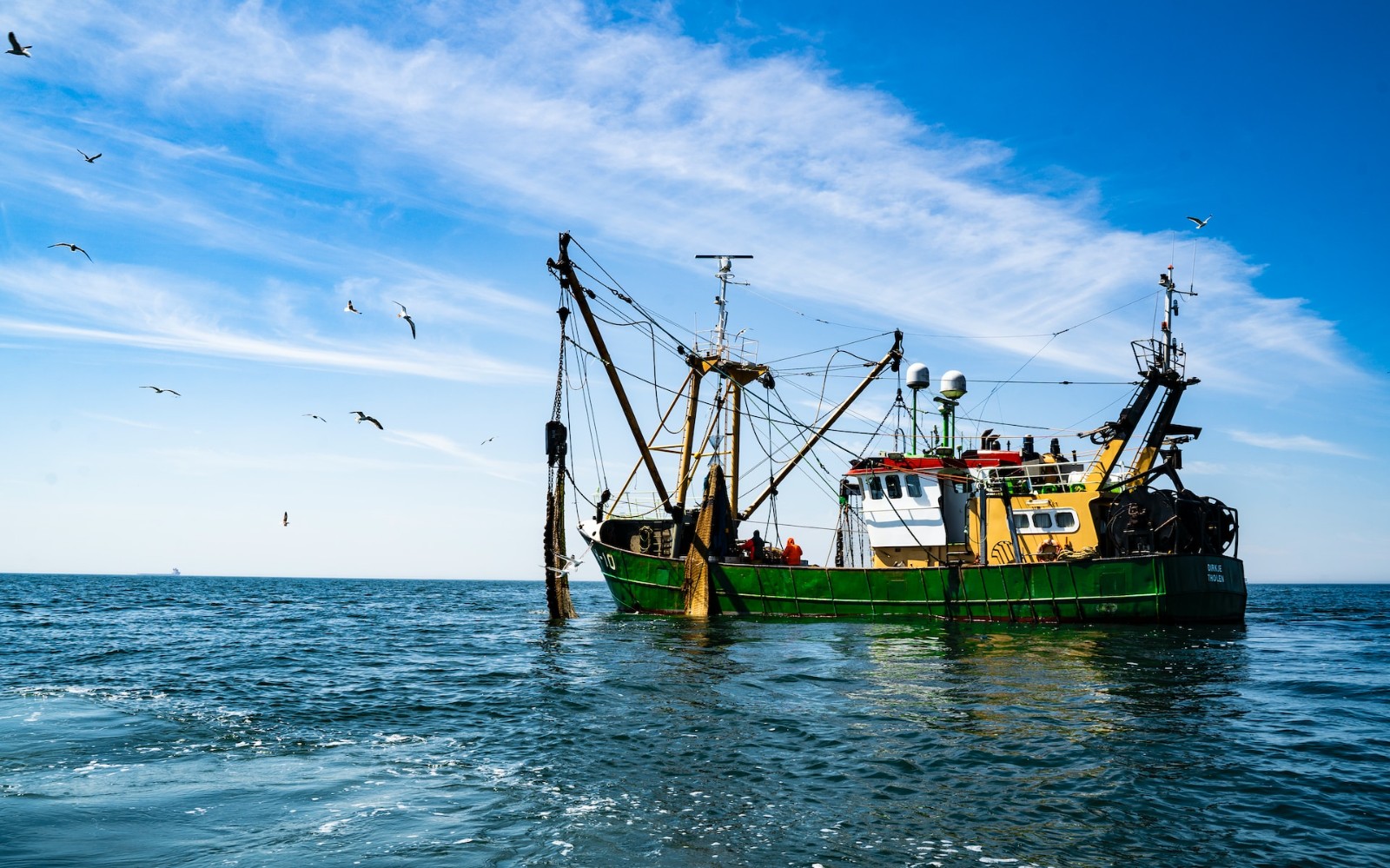


The Office of the U.S. Trade Representative (USTR) recently announced the duration of tariff exemptions for 164 Chinese goods, including eight seafood categories involving haddock, turbot, and crab meat.
In 2023, the U.S. imported 6,772 tons of frozen haddock from China, valued at $45.2 million; 10,166 tons of frozen turbot fillets, valued at nearly $51.06 million; and 160 tons of crabmeat, valued at $3.32 million. In addition, the U.S. has exempted frozen snow crab and jumbo crab meat from import duties, but there is no relevant trade record for these two commodities.
On Dec. 22 last year, the U.S. announced an import ban on Russian seafood, excluding raw Russian haddock processed in China. In the first quarter of this year, China imported 7,085 tons of raw haddock, of which 1,840 tons came from Russia, accounting for 26%. Last year's first quarter imports of 3,910 tons of haddock, Russian raw materials accounted for 77%.
In the eyes of U.S. importers, the current extension of tariff exemptions for some goods is the only piece of favorable news during the trade war. The Biden administration has not resolved the trade war during its tenure; instead, in a May 14 review USTR upped the ante by announcing more tariffs on $180 worth of Chinese goods, including steel, aluminum, chips, electric cars and solar cells, which are expected to go into effect as soon as August 1st.
Merchants in both countries paid as much as $219 million in tariffs on $1.6 billion worth of Chinese seafood in 2023, with the hardest hit item remaining frozen tilapia, which saw as much as $77.5 million in taxes last year.
Gavin Gibbons, Chief Strategy Officer of the National Fisheries Institute (NFI), commented, “These tariffs are ultimately borne by Americans, and in a fight that has nothing to do with seafood, our industry is suffering collateral damage. Seafood businesses do nothing more than feed people, and the current two administrations have made our efforts more difficult and expensive. At the same time, there is little evidence that the imposition of tariffs will cause any significant change.”
NFII General Counsel Robert DeHaan has recommended that the USTR eliminate all seafood tariff programs, and in his view, imposing tariffs will only weaken seafood companies' competitiveness and drive up food prices.
“First, the continued adverse impact of these tariffs on the U.S. seafood industry is indisputable.The Section 301 tariffs place a heavy burden on U.S. seafood importers, processors, distributors, exporters, and their American workers from Alaska all the way to Miami, Florida. Second, the U.S. seafood industry has paid nearly $1.1 billion in tariffs, a figure that is rising, but there is no evidence that these tariffs have made any difference in China. Third, the Office of the U.S. Trade Representative has once again exempted some products from tariffs, continuing to implement the overall policy in a way that is uncertain and highly commercially risky.” DeHaan said.
Need help or have a question?
Send mail